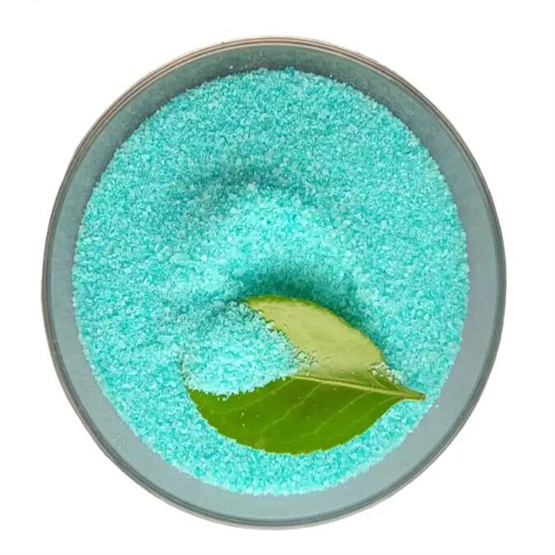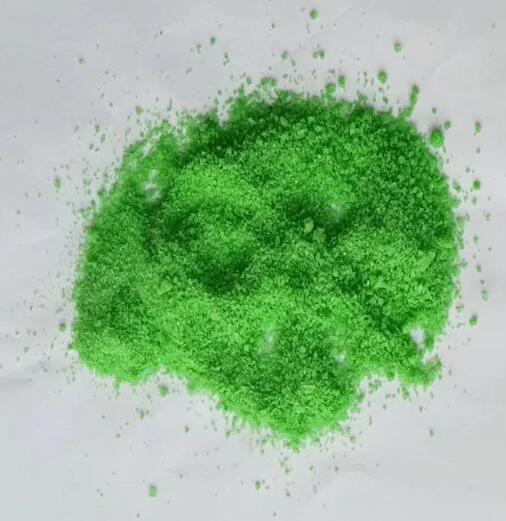Product Introduction
Product Name N.P.K. Fertilizer
MODEL NO ZHSH-NPK
CAS NO 66455-26-3
HS Code 31052000
EINECS NO 233-140-8
SPECIFICATION.:
| NPK Specification |
| Product Name | NP Fertilizer | PK Fertilizer | NK Fertilizer |
NPK Fertilizer |
Organic Fertilizer |
| Formula |
10-10-0 20-20-0 16-20-0 23-21-0+4S |
0- 5 -35 0-10-20 0-18-18 0-20-20 0-23-29 0-23-20 |
15-0-10 19-0-19 18-0-27 20-0-20 20-0-30 |
10-10-20 10-20-20 11-22-16 12-24-12 13-13-21 13-13-20 15-15-15 17-17-17 18-10-10 20-10-10 12-12-17+2MgO 18-18-5+1.5MgO |
5-5-5 +Organic matter 8-8-8 +Organic matter 12-1-4 +10%Organic matter 10-0-8 +10%Organic matter |
| Size | Granualr 2-4mm | ||||
|
We Also Can Do Special Formula As Your Request. |
|||||
Color:OEM colors
Pack.: In 9.5kg, 9.8kgs,10kgs,25kgs or 50kgs woven bag with PE liner bag
Usage: Complex Fertilizer is a material that is added
to the soil to supply two or more elements required for plant growth and
productiveness. The major three elements NPK fertilizer are nitrogen,
potassium and phosphorus, the secondary elements are calcium, sulfur,
magnesium, and other elements are boron, manganese, iron, zinc, copper
and molybdenum if needed, . Complex Fertilizers enhance the natural
fertility of the soil or replace the chemical elements taken from the
soil by harvesting, grazing, leaching or erosion. Artificial fertilizers
are inorganic fertilizers formulated in appropriate concentrations and
combinations supply two or three main nutrients: nitrogen, phosphorus
and potassium (N, P and K) for various crops and growing conditions. N
(nitrogen) promotes leaf growth and forms proteins and chlorophyll. P
(phosphorus) contributes to root, flower and fruit development. K
(potassium) contributes to stem and root growth and the synthesis of
proteins. NPK combinations are usually by urea (46% nitrogen),
superphosphate, mono and dibasic ammonium phosphates (containing
nitrogen and phosphate), calcium ammonium nitrate, potassium chloride
(muriate of potash).
Company Profile

Send Inquiry

